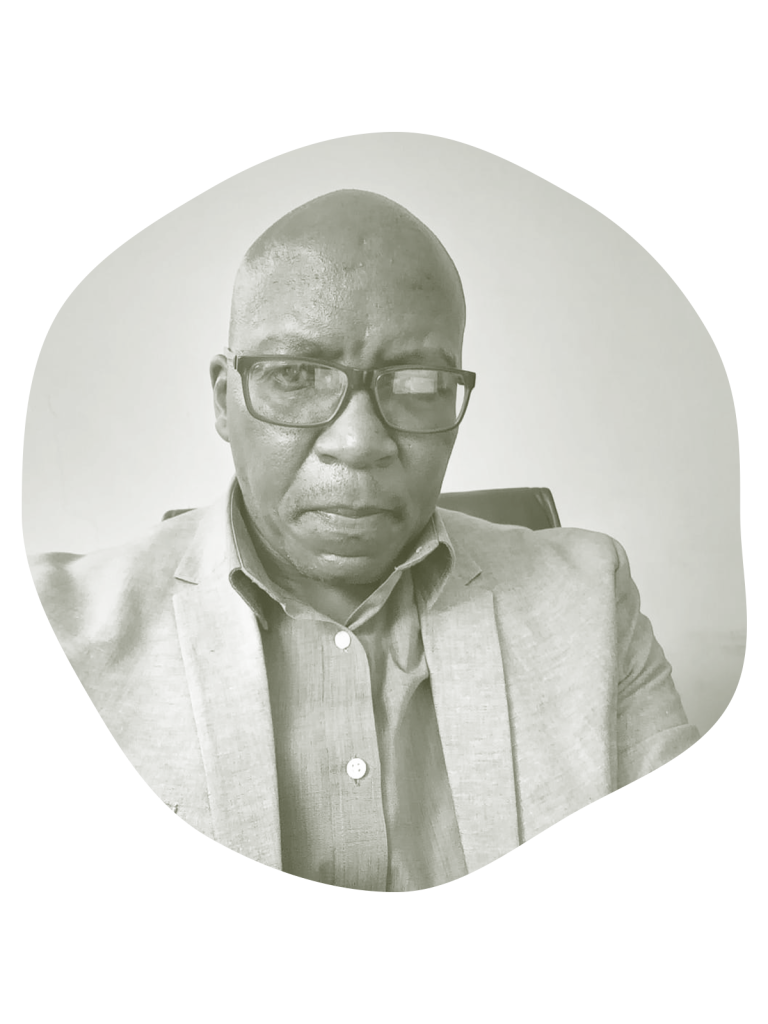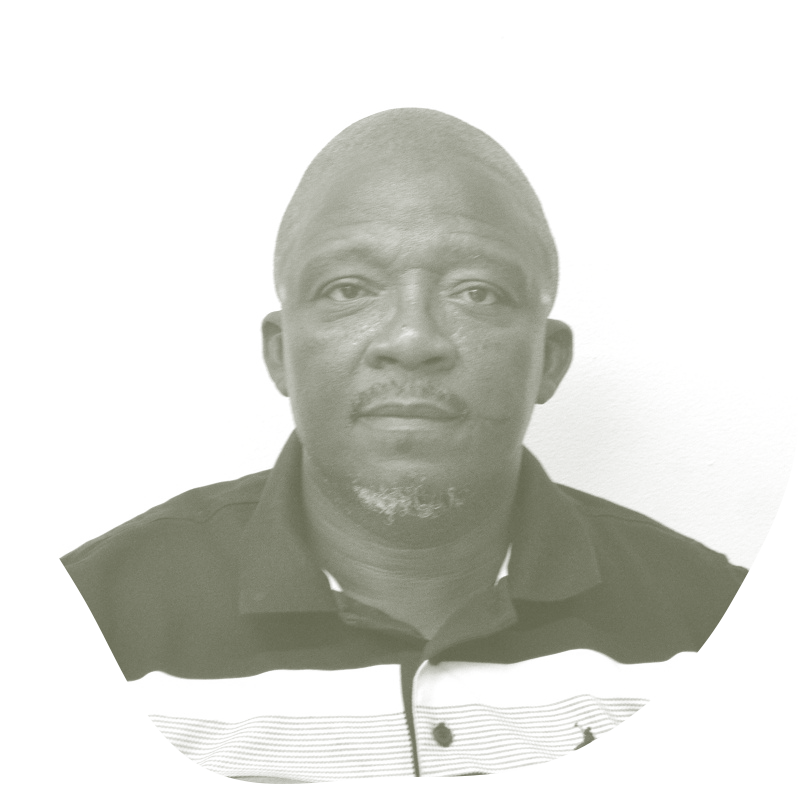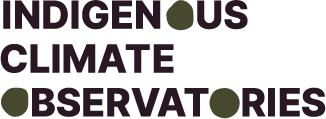Below is a collection of reflections from the researchers in Lesotho.
Charles Tseole

Lots of credit goes to the two universities, University of Malmo through leadership and mentorship of Dr Lizette Reitsma and of course our own Prof Molibeli Taele from the University of Lesotho (NUL) for providing support and organizing interpretation and for availing other resources to make this invaluable work a success. Lesotho Meterological Services (LMS) is indeed indebted to all you for this collaboration.
This exercise (research), unlike any undertaken before presented practical experiences of communities who their forefathers used to not only observe climate indicators but also to predict. This played an important role in shaping their future in terms of planning ahead of the planting season and anticipate whether it was going to be a bumper season of sufficient rainfall or dryer than normal season.
A number of interventions and projects have been implemented to address climate change adaptation through modern and scientific climate observations, but this presented a different approach with involvement from communities. Group discussions and interviews provided primary qualitative observation data firsthand. Incorporating Indigenous Observations with scientific methods enhance climate and weather forecasting and contribute to Early warning and climate change adaptation. Basotho pride themselves with having a rich culture. Indigenous local observations represent unbroken bondage between the communities with nature.
Molibeli Taele

It has been an incredible experience to participate in the Indigenous Climate Observatories: Local Knowledge for Local Action project—a collaborative research initiative between the Department of Physics at the National University of Lesotho and the Faculty of Culture and Society at Malmö University in Sweden.
Reflecting on the Indigenous Climate Observatories research project in Lesotho, it becomes evident that empowering local communities is crucial in the fight against climate change. Indigenous communities hold a profound reservoir of environmental knowledge, refined over generations. Yet, they are often marginalized in research and decision-making processes. This exclusion not only diminishes their role as custodians of the land but also hinders the development of climate strategies that could be enriched by their invaluable insights.
The initiative to establish Indigenous Climate Observatories marks a promising step toward addressing this imbalance. Collaborating with Indigenous communities allows researchers to gain a deeper understanding of local climatic conditions and variations that conventional scientific methods may not fully capture. Integrating Indigenous knowledge systems with scientific research can create a more comprehensive framework for monitoring climate impacts, as local observations often uncover subtle nuances that broader datasets may overlook.
Co-creative tools are essential in the context of the Indigenous Climate Observatories project in Lesotho, enabling a two-way exchange of knowledge between researchers and local communities. This collaborative dialogue fosters mutual respect and understanding, which are crucial for building trust. By valuing and incorporating Indigenous voices, the project enhances the relevance of climate data while empowering communities to take ownership of their adaptation strategies. In Lesotho, where communities have long relied on traditional knowledge to navigate environmental challenges, this approach not only strengthens resilience but also ensures that adaptation efforts are rooted in local realities and priorities.
I am particularly inspired by the potential of this project to support Indigenous communities in Lesotho as they adapt to the challenges of climate change. By providing tools to monitor and track local climate variations, the initiative ensures that the unique needs and livelihoods of these communities are prioritized amidst environmental shifts. This localized approach not only aids immediate adaptation efforts but also builds long-term community resilience.
The success of such initiatives relies on recognizing and valuing Indigenous knowledge as an essential pillar of climate action. In the context of Lesotho, where traditional ecological knowledge is deeply intertwined with daily life and land stewardship, this recognition becomes even more critical. Moving forward, it is imperative to continue advocating for the inclusion of Indigenous perspectives in research, policymaking, and climate adaptation strategies. The lessons learned from this project can serve as a valuable model for other regions, showcasing how collaboration and respect for local knowledge can lead to more effective, inclusive, and equitable responses to climate change.
In the context of the Indigenous Climate Observatories project in Lesotho, several co-creative tools are employed to facilitate meaningful knowledge exchange and collaboration between researchers and local communities. These tools and approaches include:
- Participatory Mapping: This method enables community members to visually document and share their knowledge of local climate patterns, resources, and changes over time. Through maps highlighting critical areas, such as grazing lands or water sources, participants illustrate how these have been affected by climate change.
- Community Workshops: Facilitated workshops provide a platform for researchers and community members to come together to discuss climate impacts and explore adaptation strategies. These interactive sessions foster dialogue, allowing participants to share experiences and insights in a collaborative environment.
- Storytelling and Oral Histories: Indigenous knowledge is often passed down through stories. Documenting oral histories and narratives related to climate experiences helps researchers capture valuable insights into past environmental changes and local adaptive practices.
- Climate Monitoring Tools: Simple, user-friendly tools such as rain gauges and temperature loggers are introduced to community members. Training in the use of these tools empowers locals to collect and report climate data, integrating their observations into scientific research.
- Feedback Loops: Establishing mechanisms for continuous feedback enables communities to share their perspectives on the research process and its outcomes. This iterative approach ensures the project remains aligned with community needs and aspirations.
These co-creative tools not only enhance the quality and relevance of the climate data collected but also empower Indigenous communities by valuing their knowledge and fostering collaborative relationships. By integrating these approaches, the project aims to develop a more inclusive and effective response to the impacts of climate change in Lesotho.
